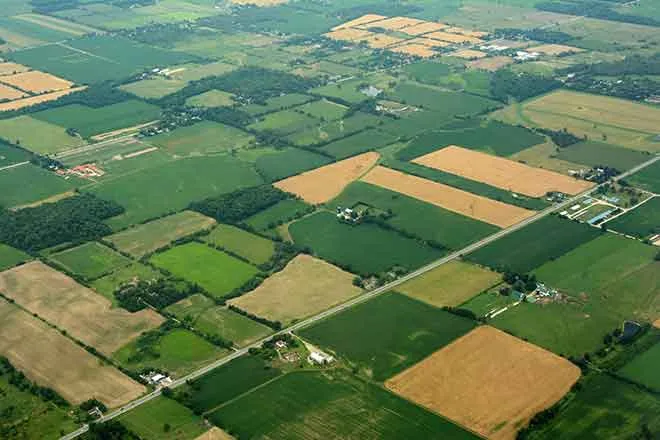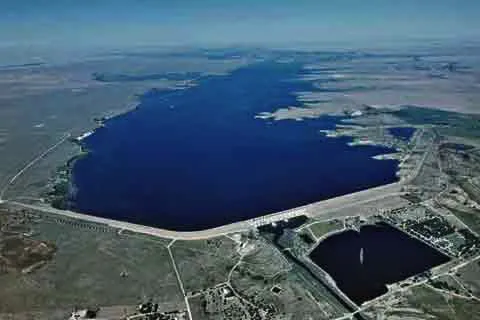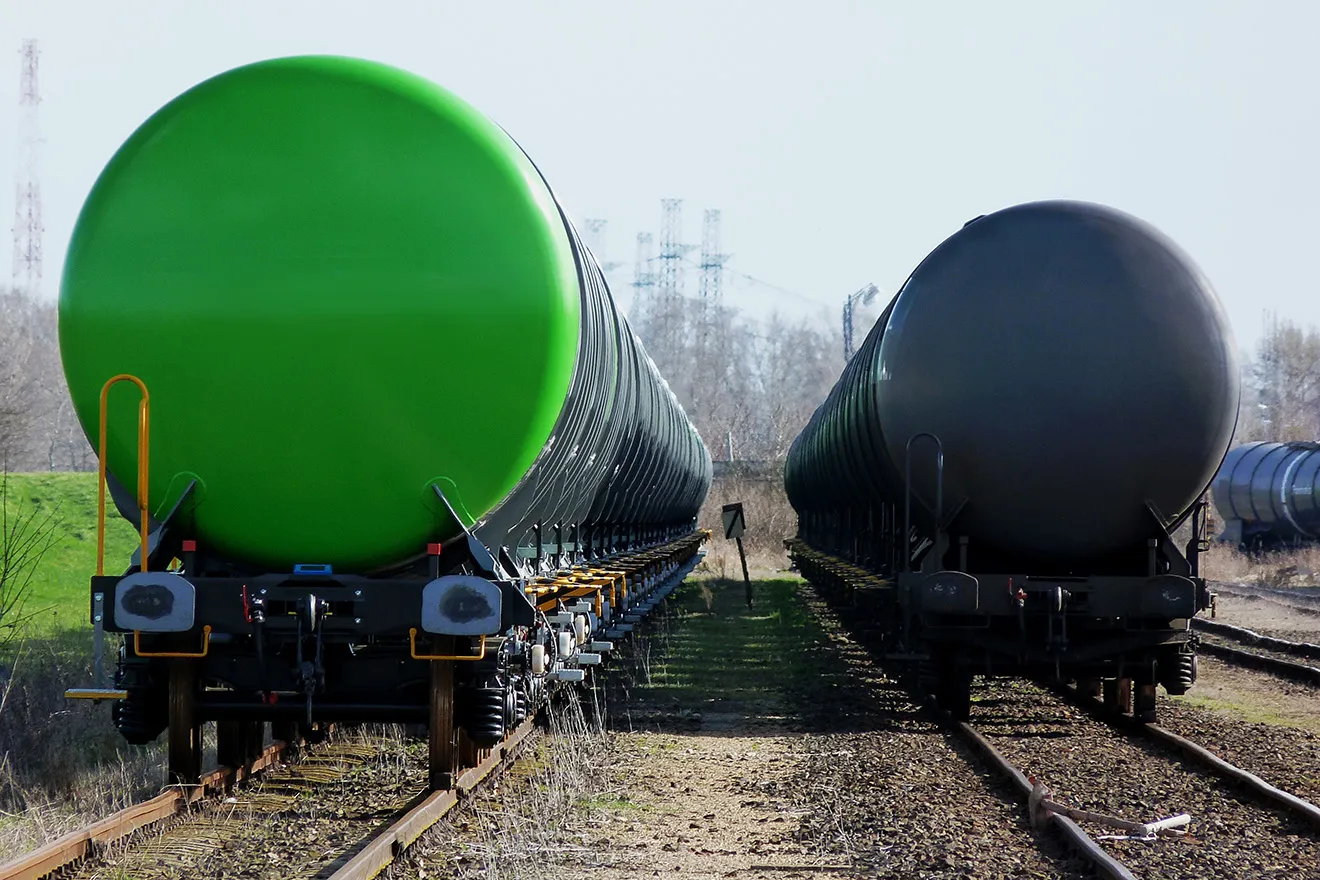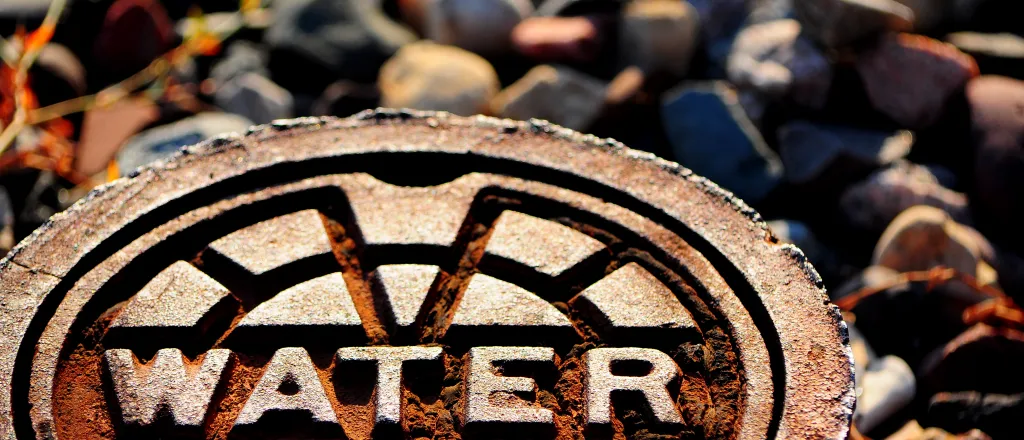
Clean-water advocates head back to court over Colorado factory farms
© artzenter - iStock-509493427
Click play to listen to this article.
(Colorado News Connection) Clean-water advocates are heading to state district court after Colorado regulators turned their back on a judge's decision last year calling for better oversight of factory farm waste.
Tyler Lobdell, staff attorney for the group Food and Water Watch, explained human sewage goes through water treatment plants or septic systems. But he said operations where thousands of cattle are confined in concentrated spaces have been dumping millions of tons of untreated manure onto nearby fields.
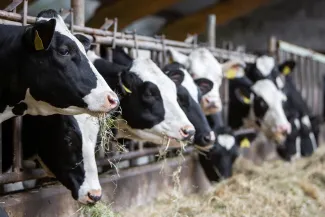
© ahavelaar - iStock-1501815024
"It inevitably overwhelms the landscape and overwhelms watersheds," Lobdell pointed out. "Such that this pollution has nowhere to go but into our drinking water and into our lakes, rivers and streams."
Last year's ruling found Colorado was in violation of state and federal law because the state's general permit did not require monitoring of water quality near factory farms. But the Colorado Department of Public Health and Environment dismissed the ruling, arguing because there was no evidence of leaks, there was no need to monitor. Industry groups also claimed current regulations are tougher than in other states.
Lobdell countered Colorado's rules are strict, as they should be, to protect one of the state's most valuable assets, its water supplies. Without monitoring and enforcement of any violations, public health will continue to be at risk.
"You can have the strongest restrictions imaginable on paper," Lobdell noted. "The problem is those restrictions have been rendered largely meaningless because the facilities aren't required to report their compliance with those restrictions."
Factory farms, also called concentrated animal feeding operations, have faced growing scrutiny as corporate farming practices have replaced family-scale ranches. Such operations produce 17 million tons of manure a year in Colorado, according to the lawsuit, and many are located along the South Platte River.
Waste runoff from concentrated animal feeding operations contains fecal pathogens such as E. coli, antibiotics and cleaning chemicals. Excess nitrogen and phosphorus from manure can also produce toxic algae blooms in waterways capable of killing people, pets and livestock






